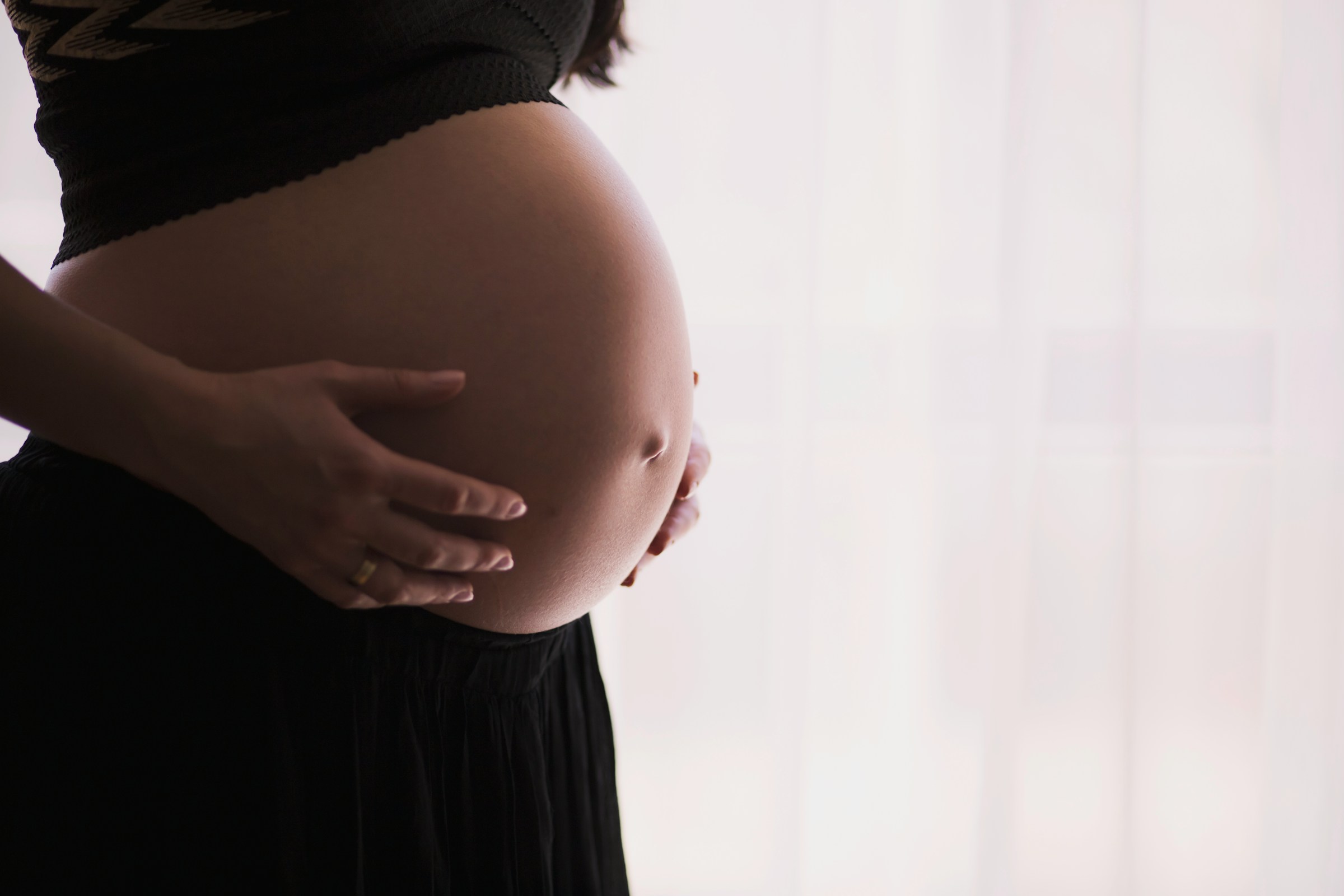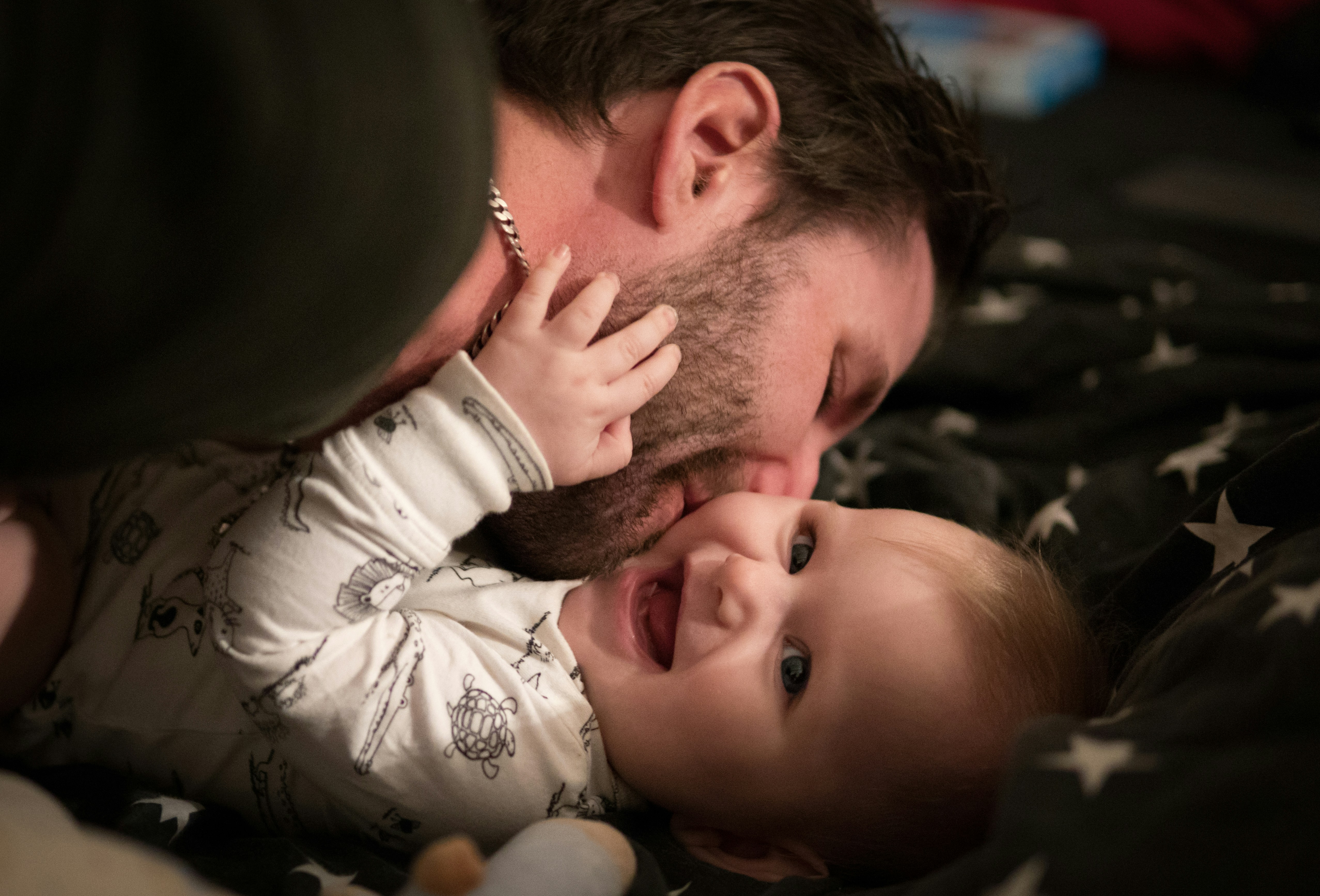
The term parentification describes a situation where children take on responsibilities that are inappropriate for their age and development. Instead of being cared for, they end up caring for their parents — emotionally, practically, or both.
This role reversal might sound extreme, but it’s more common than many realise. And while some responsibility helps children grow, too much can be overwhelming and damaging in the long term.
Practical vs Emotional Parentification
Parentification can take two main forms:
- Practical parentification: children are expected to take on adult tasks such as caring for younger siblings, cooking, cleaning, paying bills, or even looking after sick family members.
- Emotional parentification: children are placed in the role of confidante, companion, or mediator in adult issues — for example, when a parent shares inappropriate personal struggles, leans on the child for emotional support, or involves them in partner conflicts.
The Emotional Impact on Children
Children who are parentified often experience intense and confusing emotions, including:
- Fear and abandonment
- Guilt or responsibility for things beyond their control
- Emotional swings and overwhelm
- Loss of boundaries between themselves and their parents
Over time, this can lead to depression, anxiety, low self-esteem, substance abuse, or difficulty forming healthy adult relationships.
Why Parentification Is So Harmful
Childhood is meant to be a time of play, exploration, and growth. When children are forced into adult roles too early, they miss out on these vital developmental experiences.
- Emotionally parentified children struggle to form their own identity, because their needs are constantly sidelined for the parent’s.
- Practically parentified children may appear mature, but often feel overwhelmed and unprepared for adult life.
This lack of space to develop independently can leave long-lasting scars that extend into adulthood.
Why Does Parentification Happen?
Parentification often arises in families facing:
- Parental illness (physical or mental)
- Parental absence due to work or other commitments
- Substance misuse or addiction
- Dysfunctional relationships and ongoing conflict
In these situations, a parent may consciously or unconsciously rely on the child to “fill the gap.” Sometimes, children are even drawn into adult disputes, expected to take sides or act as mediators.
Research suggests parentification could affect anywhere from a few percent to nearly 30% of families, though exact figures are hard to measure because the boundaries aren’t always clear.
Healthy Responsibility vs Parentification
It’s important to distinguish between normal family responsibility and harmful parentification.
✅ Healthy: asking children to do age-appropriate chores, occasionally babysit siblings, or contribute to the household.
❌ Harmful: relying on children for emotional support, expecting them to manage adult problems, or placing them in roles that overwhelm their age and abilities.
The difference lies in whether the responsibility supports growth or takes away childhood.
Final Thought
As parents, it’s our duty to protect our children from being forced into adult roles too early. Encouraging responsibility in small, age-appropriate ways helps children thrive — but expecting them to take on adult burdens can harm their mental health, identity, and future relationships.
Childhood is a precious and limited time. Our role is to safeguard it, so our children can become healthy, independent adults. 🌱
Related articles
Explore our wide range of expert-led articles, guides and tips on parental mental wellbeing.


